Prepaid Funeral Arrangements - An Important Part of Medicaid Planning
Medicaid is a needs based program. As long as an individual has money available to him, he is expected to use that money to pay for his medical and/or nursing home care. Medicaid applicants must spend down their available assets until they reach a qualifying level ($1,500 for a single person/roughly $21,000 - $92,000 for a married couple).
Certain assets are considered exempt under the Medicaid rules. These include:
- household contents
- one automobile for the spouse at home
- life insurance with a face value of $1,500 or less
- burial spaces for immediate family
- property used in business or trade
- the home, if a spouse or other qualified dependent resides there
- life estates that cannot be transferred or sold
- irrevocable burial contracts
THE IMPORTANCE OF A PREPAID BURIAL
Prepaying a burial may not be a timely investment in many cases since it returns no interest or dividends, but purchasing an irrevocable burial plan is an important part of the Medicaid spend down. Although its not a pleasant thing to think about, every one of us will eventually die. If all our funds are spent on nursing home care or other items, it will be up to family and friends to pay for our final arrangements.
WHAT TO BUY
Make sure the burial plan you purchase includes everything that may be needed. The more you prepay with money that will otherwise need to go to nursing home care, the less your loved ones will need to provide at the end.
Consider purchasing or setting aside funds for: funeral arrangements, casket, grave liners, opening & closing of graves, flowers, gratuities, limousines, police escort, obituaries, hair styling, makeup, clothing, burial plots, crypts, headstones, including placement and engraving, and expenses of the wake.
TIME IT RIGHT
The community spouse of a nursing home Medicaid applicant is permitted to keep one half of their countable assets (with a minimum and a maximum) as of the date of separation (the date the institutionalized spouse is no longer living in the home). The institutionalized spouse must then spend down his half to $1,500. The more assets the couple has on the date of separation, the more the community spouse will get to keep (up to the maximum). Therefore, it is advisable to purchase the prepaid burial arrangements for both spouses after the date of separation out of the institutionalized spouse's exempt assets, but before the institutionalized spouse is spent down to $1,500. Timing is not as important for single individuals.
PAY IN FULL
If you are spending down for Medicaid qualification, do not purchase on time or on credit. To qualify for Medicaid, the money must be completely out of the applicant's hands. Once on Medicaid, the applicant is only permitted to keep $40 per month ($90 for qualified veterans or their widows). This monthly allowance is for personal needs like haircuts and hand cream. If a Medicaid applicant has been making timed payments on a burial plan, now is the time to pay it off completely, before the money is exhausted on nursing home care.
BE SURE IT'S IRREVOCABLE
Medicaid requires prepaid funeral arrangements to be irrevocable. In other words, the family can't later opt for lesser services and get a cash refund. If the funeral is over paid, the refund goes to the state. The Medicaid intake worker will require that the burial contract actually have the word irrevocable written on it.


